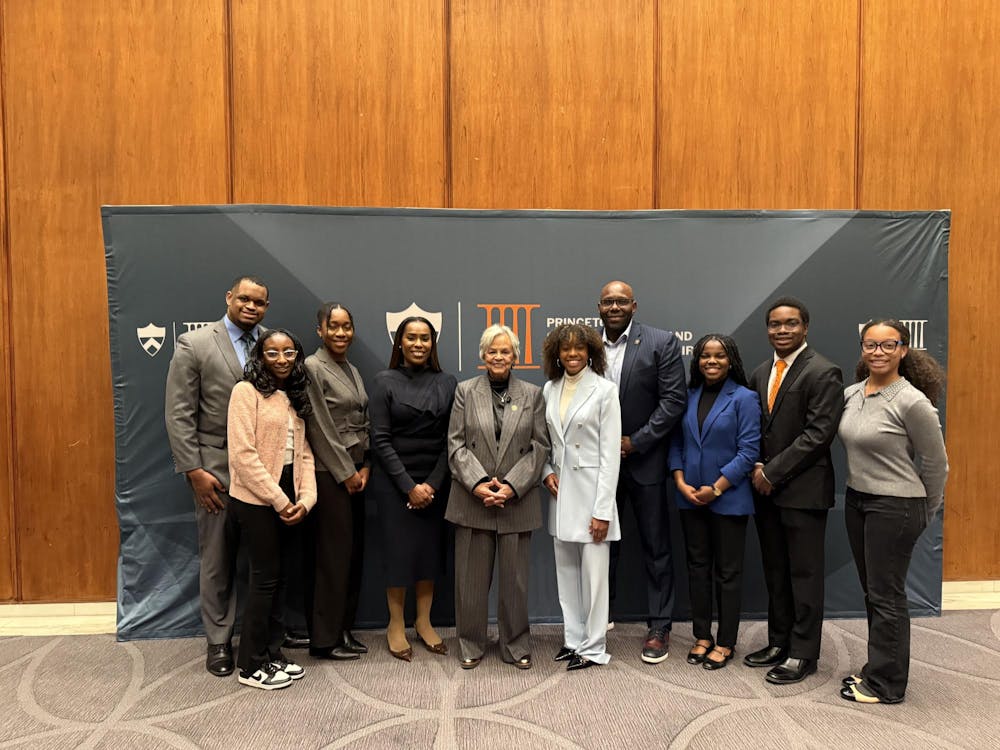A proposal by the molecular biology department to modify requirements for the concentration was approved last Thursday by the Faculty Committee on the Course of Study.
According to molecular biology professor Elizabeth Gavis, the new curriculum will go into effect beginning in the 2015-16 academic year.
James Baase ’15, the Undergraduate Student Government academics chair, said that one to two of the currently required courses will no longer be required. Baase, committee members and faculty members who were involved in drafting the proposal said they could not specify which courses will no longer be required, since the details are still being worked out.
In addition, Gavis said that MOL 214 will now be offered in both the fall and spring semesters. MOL 215, however, will remain a fall course.
“We believe that this will allow greater flexibility for both freshmen and sophomores as they plan out their course schedules, and this will help reduce the size of this gateway course,” Gavis said.
Currently required courses are MOL 342: Genetics, MOL 345: Biochemistry, MOL 348: Cell and Developmental Biology and MOL 350: Laboratory in Molecular Biology. Prerequisites for the MOL major currently include general chemistry, organic chemistry, mathematics, general physics and biology, as well as MOL 214: Introduction to Cellular and Molecular Biology or MOL 215: Quantitative Principles in Cellular and Molecular Biology. Prospective concentrators must take either MOL 214 or MOL 215 at the University, but the rest of the prerequisites may be satisfied with courses at other institutions or with advanced placement credit.
The new curriculum will be released in January 2015 in the 2015-16 Undergraduate Announcement. The announcement will also include details on how concentrators in the Classes of 2016, 2017 and 2018 will be “grandfathered” into the new curriculum, Gavis explained.
Gavis said that the process of revising the curriculum began in the 2013-14 academic year when the molecular biology department formed an ad hoc committee to assess the MOL major.

She added that the committee surveyed both faculty and recent graduates from the Classes of 2009-13, as well as faculty and deans at peer institutions.
The committee also looked at current literature on undergraduate science education, Gavis said.
Gavis cited “Vision and Change in Undergraduate Biology Education: A Call to Action,”a 2011 report published by the American Association for the Advancement of Science which states that many of the most exciting discoveries in biology during the second half of the 20thcentury occurred at the intersection of established disciplines such as genomics, biochemistry and computational biology.
She noted that the new curriculum is indeed designed to better integrate related fields. Rather than adding more courses, the committee has eliminated or streamlined requirements to allow students to explore their increasingly diverse interests.

Tina Doan ’16, a molecular biology concentrator, noted that MOL concentrators currently have very little flexibility.
“There are just so many intro-type classes. You have intro bio, intro chem, and then you have orgo chem and intro physics,” she said. “And it’s really hard to just fit that all together, especially if you want to do some unrelated certificate.”
However, Doan said she is still cautious about the changes, explaining that she is afraid that if the department eliminates too many requirements, MOL majors will not have a full understanding of the concentration.
“It is a very broad field,” she said. “There’s really no way to narrow it down and still keep it comprehensive.”







